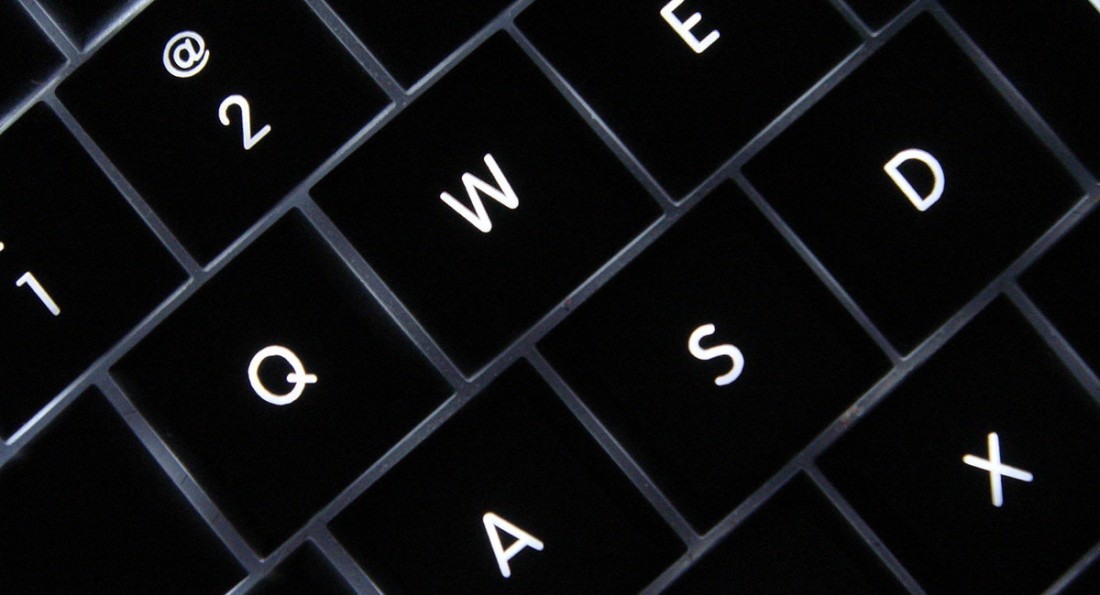The Intersection with Jodie Layne
Not white knights, but allies: using privilege to create safer spaces for everyone
It’s well-documented that online spaces are often hostile for women – the more marginalized, the worse the online abuse often is. This past year has been a shitshow (for lack of a more accurate term) for women online. From Anita Sarkeesian’s death threats over her video game trope series to Hugo Schwyzer’s total attack on Flavia Dzodan and this week’s horrific demonstration of rape culture at the University of Ottawa, there have been too many high-profile incidents of harassment, threats of violence and attempted silencing of women on the Internet to count.
What did they do to make these harassers so upset? Usually it’s simply having an opinion, probably related to gender justice, anti-racism, decolonization or LGBTTQIA* rights. Sometimes it’s over something as mundane as an opinion of food, music, or (heaven forbid) sports. Women, people of colour, queer folks and trans folks are punished and made to be wary of having opinions and especially of sharing them. The chauvinist pigs of the Internet are quick to shut them down by whatever means necessary and reduce them back down to a non-threatening sex object or subpar human being.
Now, while most online abuse aimed at these people is usually spewed by male-identified people, I’d venture that most white, straight, cis-gender, guys aren’t the ones doing it. The problem is, so many people are just sitting there idly and seeing the attacks happen without putting themselves on the line, without serving as backup for people who are tired of defending themselves and of not reading their Twitter mentions to avoid vitriol.
It’s not just happening to highly visible feminists in public spheres with tens or thousands of Twitter followers, though: I see and hear of it happening on my own and on friends’ Facebook and Twitter feeds. I’ve seen so much of it this year that it pushed me into an Internet sabbatical for a week in January. Being online was so stressful, sharing my opinions and lived experience began to feel risky and the Internet was no longer a safer space for me. It’s come up several times this week and I can’t stop thinking about how we can redistribute our power to make social media and online platforms safe for people with nowhere else to speak their truth.
I strongly believe that being an ally to women, queer folks, people of color, trans* folks, disabled people and the other marginalized communities means actively engaging in activities that prove it. The truth is that by being white or straight or cis-gender or male affords privilege and influence. How do we use that privilege to ensure safety for everyone, instead of sitting back and enjoying our own relative comfort and without feeling the need to ‘rescue’ people?
One of the biggest things we can learn to do is listen – if you hear something you’re not sure about or that makes you feel defensive wait for more clarification or Google it. Don’t demand that people explain or justify their oppression to you. This counts doubly when people are sharing their own trauma or experiences; your need to speak and take up space doesn’t trump their opportunity to express themselves and disclose.
When someone tells you that something happened to them: believe them. When they tell you words, phrases, or images hurt them: listen and resolve to do better. Don’t attempt to negotiate or rationalize your behaviour. Apologize, learn, and then do better. Ask if people need backup - a quick message or text asking if the person under attack needs some support is so appreciated and also damn respectful. Don’t assume they need help, but kindly ask how they would like you to help. Let them set the parameters.
Don’t take up too much space. Use your voice to amplify the words of marginalized folks or give up your platform to let someone else take your place and be heard. Talk to other folks like yourself. Just like you’d more quickly take advice from a friend than your mom, people are more likely to listen to people who remind them of themselves. White people, talk to other white people about racism. Straight people, let’s talk about homophobia. Most importantly, let’s be diligent. Let’s be diligent about the people we surround ourselves with, the attitudes we allow to go unchecked, and our own privilege in online and offline spaces.
Jodie Layne is a feminist activist, community development worker and freelance writer based in Winnipeg.
Published in Volume 68, Number 22 of The Uniter (March 5, 2014)







